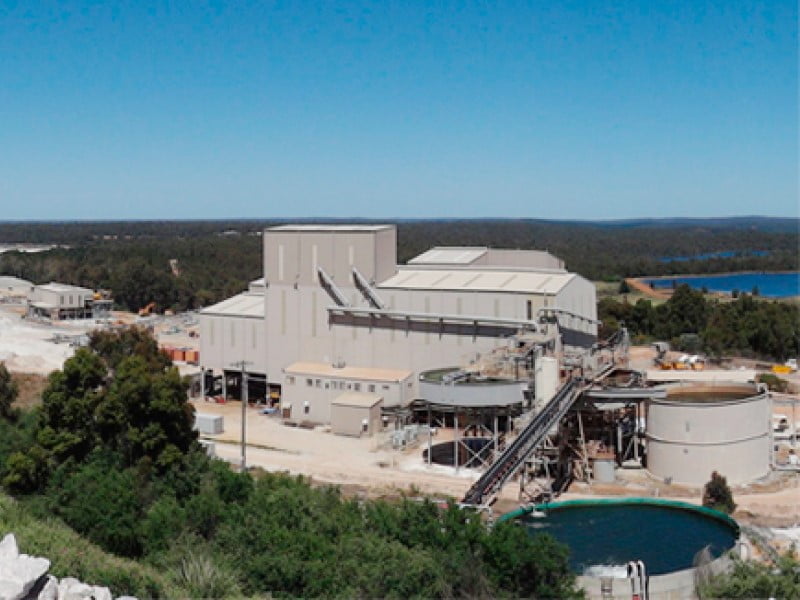The federal government has committed up to one quarter of its $200 million Critical Minerals Accelerator Initiative just a month after announcing the program and before public consultation has concluded for the five-year program.
Up to $50 million has been allocated through a closed round with less than a dozen firms invited to apply. The first recipients were revealed this week during election campaign announcements. Grant commitments have been made but agreements have yet to be entered into because of the caretaker period.
Responding to questions by Labor Senator Jess Walsh during Senate Estimates earlier this month, officials revealed that $50 million of the $200 million program had been set aside for a closed, competitive round. A government spokesperson said that 11 firms were invited to apply for the program, which was publicly announced two weeks ahead of last month’s federal budget.

Critical Minerals Facilitation Office General Manager Andrew Hutchinson told the Estimates hearing the closed round was meant to be a “quick targeted strike” to companies the government knew were strategically important following more than 18 months of industry engagement.
“These early and mid-stage projects are halfway or less through a very long, very complex and very high-risk process of going from a concept to a market-operating endeavour…If we leave those companies to their own devices it will take a very long time, often 10 years or more, to get to market from start to finish,” Mr Hutchinson said.
Further, Mr Hutchinson confirmed that all the decisions during the closed round had been made but the full process is being delayed due to the department being in caretaker mode.
“I haven’t had a chance to review the brief back from the minister but we will take his decision and put that into play as we usually would, bearing in mind all of the normal caretaker conventions. There’s a process from here where, once we have all of the administrative steps in order, proponents are advised that they’ve been found successful.
“There’s then, depending on the complexity of the grant, a period where you work with the proponent to negotiate a binding grant agreement. We would not be entering into anything like that during the caretaker period.”
On Tuesday Prime Minister Scott Morrison announced that two projects in Western Australia would receive a combined grant of almost $8 million under the closed round. This leaves up to $42 million of committed but unannounced grants which could be distributed among the remaining nine applicants or fewer.
The draft guidelines for the perpetually open round of the program have yet to be finalised but are broadly similar to the closed round guidelines. This includes advice from an expert panel of four independent members appointed by the Minister of Resources and chaired by a non-voting senior department official.
The terms of the panel members began on February 4, and will last until June 30. The four members include the Australian Nuclear Science and Technology Organisation minerals principal consultant Dr Robert Gee, Gilbert+Tobin partner Justin Mannolini, Curtin University professor and director of critical minerals Alan Bye, and Regis Resources non-executive director Lynda Burnett.
Each member will be paid up to $12,800 for their work, except for Dr Gee who is employed by the Commonwealth and therefore not eligible for remuneration.
Initial advice also came from an internal assessment committee and the Industry Growth Centre, METS Ignited.
According to the draft guidelines, grants received can be up to 50 per cent of the eligible expenditure of an early to mid-stage projects and cannot be received in conjunction with other Commonwealth grants. The draft guidelines estimate that most grants awarded will be in the range $1 million and $30 million.
The program is being run to support the Critical Minerals Strategy 2022, which was also announced on March 16.
An additional $200 million was allocated to run a regionally focused round of the Critical Minerals Accelerator under the $1.5 billion Regional Accelerator Program announced in the federal budget 2022-23.
Do you know more? Contact James Riley via Email.

